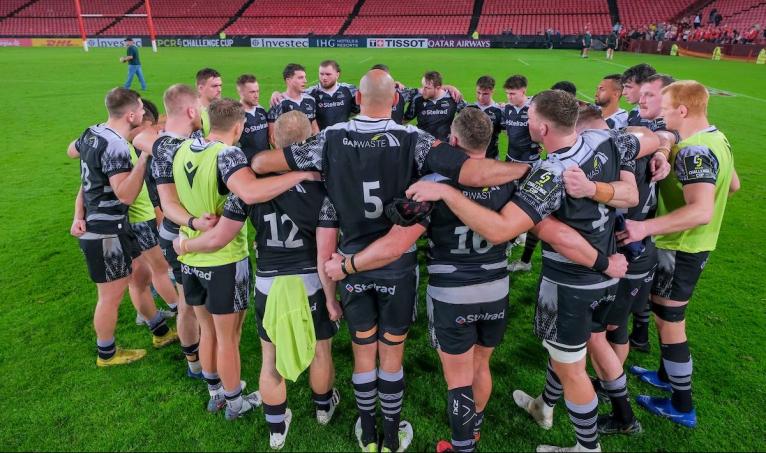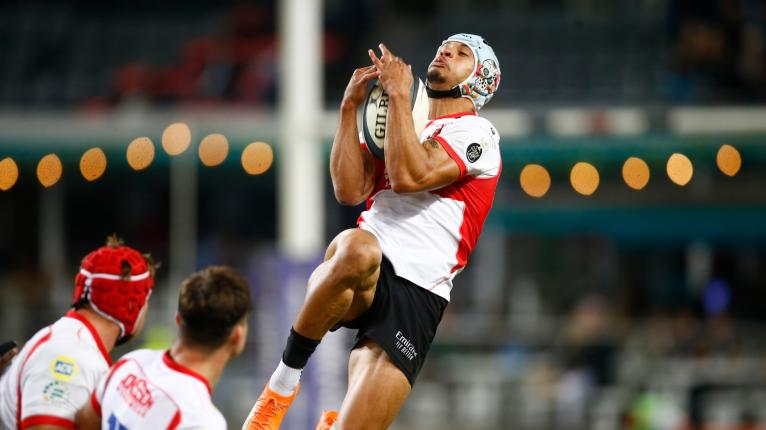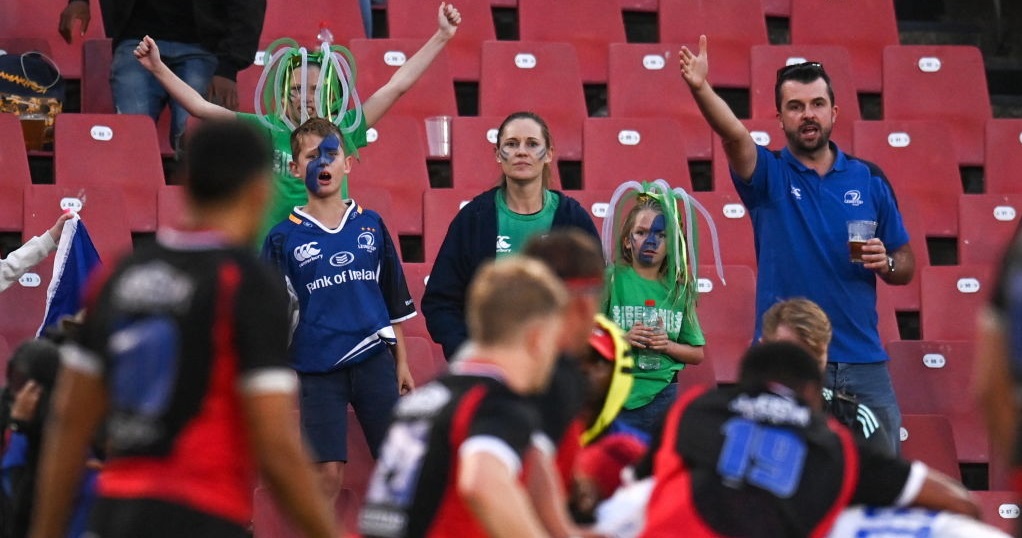'Is there a problem? Yes, there is. We are working on it'

The views and reports of a desolate Ellis Park is well documented, with the accompanying freak-outs. However, Ellis Park Stadium Managing Director Pieter Burger cried down the concerns about the barren venue.
Burger, speaking to @rugby365com in the wake of an article that highlighted the EPCR’s concerns over the state of affairs at the Johannesburg venue, revealed their approach and plans to increase the numbers and ensure it is a ‘safe’ place to visit.
He said the Lions, in one of their most prolific seasons in recent years, are “proactively” dealing with the challenges they are facing.
“Is there a problem? Yes, there is,” Burger told Rugby 365, adding: “We are working on it.”
The experienced senior executive, with a demonstrated history in business planning and operations management, revealed that in their Round One loss to the Stormers, the Lions attracted 8,700 spectators to the Doornfontein venue – more than the Bulls’ win over the Scarlets at Loftus Versfeld some 50-odd kilometres up the N1.
That early ‘promise’ – of increased crowds – quickly faded and in their last home game, just 2,500 spectators attended the Challenge Cup win over the Newcastle Falcons in mid-December.
The traditional December migration of South Africans to the coast may have contributed to the declining spectator numbers in Gauteng.
The Stormers – in Round Eight’s 26-20 win over the Bulls on December 23 and Round Nine’s 16-15 squeaker over the Sharks on December 30 – attracted 39,925 and 37,426 spectators respectively.
It is an ongoing post-COVID issue, with the Lions’ scratchy form the last few seasons also not helping.
The escalating crime rate – in inner-city Johannesburg, as well as the Ellis Park, Hillbrow and Berea precincts – is another major contributing factor.
In the 2022-23 URC season, the Lions attracted just 58,895 spectators to their nine home games – an average of 6,544 and a high of just 10,000.
It is just on 10 percent of their stadium capacity, the lowest of all the URC teams.
However, Burger assured Rugby 365 that they are not sitting idly by.
“The post-COVID era – with South Africa’s draconian lockdown regulations – has left a large chunk of the population in financial stress and much less expendable cash.
“South Africa’s lockdown was not only more brutal than the rest of the world, but also longer than many European countries,” Burger said.

(Photo by @STEVEHAAGSPORT)
“People got used to sitting in front of their televisions, spending time with family and socialising at home during games.
“There is an indication of an upswing in attendance this season, but it will not change dramatically overnight.
“It will take time,” said the EPS DM – revealing that even suit holders, which dropped from 5,000 pre-COVID to 2,000 are beginning to show an upswing.
“We aim to continue this upswing at a consistent level and get to an average of about 15,000 by the end of next season.”
It may sound low for a stadium with a 62,000 capacity, but certainly compares well to most European franchises where the URC average for last season was 2,200 (Zebre) to 8,400 (Edinburgh).
Teams that average above 10,000 for the entire URC season include Leinster (No.1 at 18,300), Stormers (16,800, No.2) and Sharks (15,700, No.3).
The socio-economic conditions in Johannesburg city centre and the surrounding suburbs are issues outside of the control of the stadium management.
However, Burger is adamant that while the trip to Ellis Park may not be appealing to all, once inside the stadium it is as safe, if not safer, than any stadium in South Africa.
He added that talks about a ‘precinct redevelopment plan’ are already underway – which include additional security cameras and police on horseback.
“We are working very closely with our security support staff and the city council to improve and increase the safety around the stadium,” he told Rugby 365. “We are working on improving those areas [Hillbrow and Berea] through which spectators must travel to reach the stadium.

“We are increasing the number of security personnel and [through the city council] the police to ensure spectators are unharmed before and [for a reasonable time] after the game are unharmed.
“We are also working on transport alternatives,” he said of the possibility of reviving the ‘park-and-ride’ bus systems.
However, moving away from Ellis Park is not an option.
Some of the ‘smaller’ domestic Currie Cup games could be played at smaller venues like Wits University’s Millpark stadium.
However, the participation agreements for international competitions like the URC, Challenge Cup and European Cup mean shifting those games to ‘club’ venues is not possible.
“It involves the requirements for media, broadcast, WiFi and other facilities – which must be of a ‘world-class’ standard,” Burger said.
“There are plans for the athletics stadium [the Lions’ training ground next to Ellis Park] to be upgraded to allow us to host [European] games there,” he said of a
project that will ensure a sub-10,000 crowd does not look too bad and is in line with European standards.
“We are working on a lot of plans to address the perception that it is ‘too dangerous’ to visit Ellis Park.”
They are guaranteed at least one sell-out game for 2024 – when the Springboks and the All Blacks meet at Ellis Park in a rematch of the World Cup Final, a Rugby Championship encounter on August 31.






















































































Quick question to Johannes de Kakding: What is a suit holder? Is it something like those wooden stands you find in a tailor’s shop?